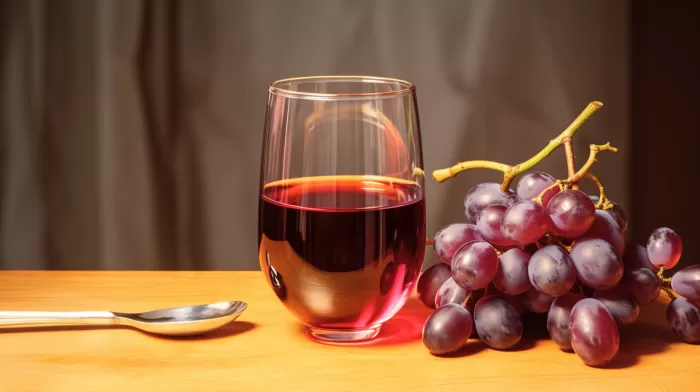Parents have struggled for years with how to soothe their youngsters’ coughs, especially when they’re under the age of 2. Pharmacy and supermarket shelves are stacked with over-the-counter (OTC) cough remedies, but research has shown that they don’t work in such young children. A study at the Penn State College of Medicine, however, points at a safe and effective home remedy for kids’ coughs.
Why Are OTC Cough Remedies Not Suitable for Kids Under 2?
The Food and Drug Administration (FDA) has cautioned against giving children under 2 OTC cough and cold medications. These products can prove unsafe for young children, and their efficacy remains questionable. The Consumer Healthcare Products Association also reported in 2008 that most OTC cough and cold remedy product labels indicate that kids under 4 years shouldn’t take them.
As a result, pediatricians often tell parents to avoid giving their child any medication for coughs and colds, except acetaminophen or ibuprofen. This situation leaves parents and caregivers feeling powerless when trying to help their sick, miserable child.
Finding a Safe Home Remedy
In light of this, researchers at the Penn State College of Medicine sought to find an alternative home remedy that was safe for young children and effective at soothing a cough. In 2007, they discovered that honey outperformed placebo in treating children’s coughs. However, honey isn’t safe for children under 1, as it can cause infantile botulism — a rare but serious illness caused by the ingestion of botulinum spores.
The search for a safe, effective alternative led them to investigate the benefits of agave nectar and a grape-flavored drink. These benign substances can comfortably serve as placebos, making little ones feel better even though they lack the botanical properties of honey.
“We found that placebo was better than doing nothing,” said professor of pediatrics Ian Paul. “For kids under age one, for which there is no other option, the findings may be particularly important.”
The Science Behind Placebo Effects
A placebo is a harmless substance given to a patient with a medical issue. It contains no active ingredients and thus can’t offer any real physiological benefits. But placebos still manage to create positive results in some people. This “placebo effect” occurs because a patient’s expectation of what the treatment should do influences how they perceive its effectiveness.
So, while grape juice and agave nectar don’t have any actual medical properties to combat coughs, parents giving these substances to their child will likely see an improvement in symptoms. The child’s belief that the remedy is working can psychologically reduce coughing and help them get much-needed rest.
Additional Comfort Measures to Support Recovery
Beyond administering placebo treatments, there are some practical steps parents can implement to assist their child in getting over a cough or cold and coping with symptoms:
- Ensure your child stays hydrated. Drinking plenty of fluids helps to clear mucus and keep their throat moist.
- Use a humidifier to maintain a comfortable humidity level in their room. Dry air can exacerbate coughing and make it more difficult to breathe.
- Offer warm liquids like herbal tea or warm water with lemon and honey (for children older than 1) to soothe their throat and suppress coughing.
Key Takeaways
Pharmacy-bought cough remedies are unsuitable for children under 2, as they can be unsafe for youngsters and haven’t been proven effective. In the absence of other options, a safe home remedy such as agave nectar or grape-flavored drinks offers an effective placebo to help kids feel better and combat their coughs. Combining these treatments with the hygienic and supportive comfort measures mentioned above can go a long way in easing a child’s cough and cold symptoms and hastening their recovery.



